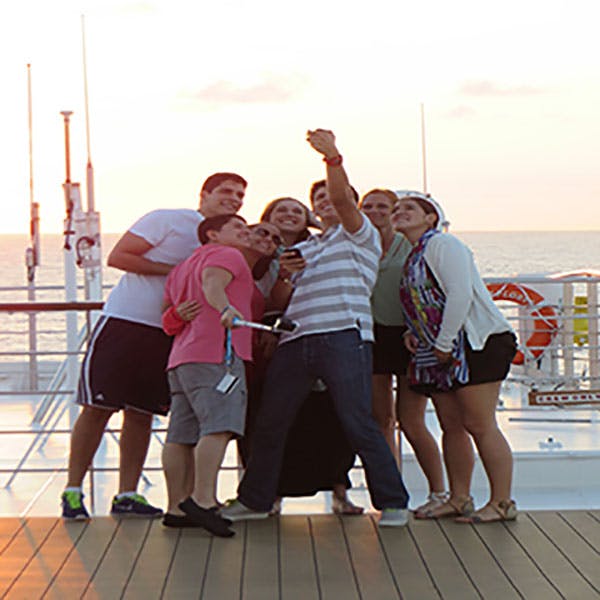Access to reproductive health care and contraception shapes our lives. Think about it. Maybe having access to contraception meant you were able to attend college and pursue a career of your dream. Perhaps, having access to contraception meant you were able to accomplish the goals you set for yourself before becoming a parent until you were ready. Maybe you don’t want to become a parent. Even if we don’t realize it, access to contraception allows all of us to plan our lives.
Although contraception is often widely available in the United States, there are approximately 225 million girls and women around the world who want to delay pregnancy, but aren’t using modern contraceptives. What does it mean for these girls and women? Unintended pregnancies often mean that girls drop out of school, can’t pursue an income, are less able to adapt to environmental challenges and resource constraints, and in some cases, it means they face life-changing health complications or even death.
We can change the status quo. Everyone has a stake in this – especially young people. Right now, the world’s youth population is the largest it has ever been. There are nearly 2 billion young people in the world, and the U.S. has the fourth largest youth population. And more interestingly, the largest group of these young people are entering their reproductive years. That’s why we are asking young people in the United States to raise their voices and share their stories by entering the Why We Care Youth contest, which is open until August 17.
Personal stories are a powerful tool that can be used to let U.S. policymakers know why we need to expand access to contraception. Young people can make a difference by sharing what access to reproductive health and contraception has personally meant to them, and why U.S. policymakers should care about expanding access around the world. Young Americans ages 18-25 can share their stories and enter the contest in three ways: through a brief written piece, through a photo essay, or through a short video. There will be a winner in each category, and the three winners will get to travel to New York City to attend events around the United Nations General Assembly.
Our collective voices and stories will help us work toward a world where global reproductive health and contraception are fundamental rights.
Visit www.universalaccessproject.com to learn more.



 View All Blog Posts
View All Blog Posts